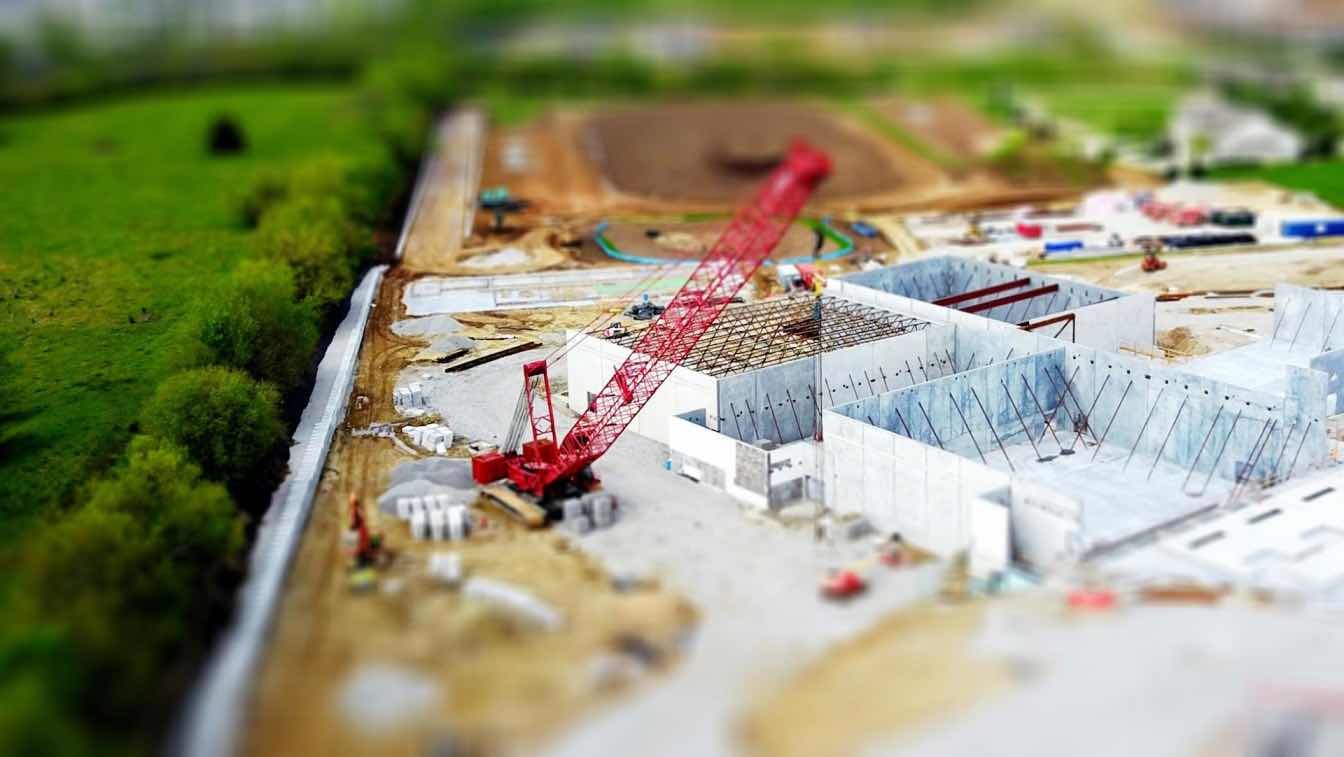From sleek skyscrapers to intricate interior renovations, construction projects in Pennsylvania require careful planning, expert management, and thorough legal oversight. If the relevant legal issues are not clearly understood, projects can result in costly delays, conflicts, and even litigation.
Here are some of the most common legal issues that arise in Pennsylvania construction projects and practical steps to avoid disputes and keep projects on track and within budget.
Contract Disputes
In construction, contracts are the foundation that defines responsibilities, schedules, and payment terms. When contracts lack precision, misunderstandings can quickly escalate into disputes. Construction contracts in Pennsylvania must adhere to state-specific laws and include explicit language to cover all critical aspects, from project scope to quality standards.
To avoid disputes, Pennsylvania-based architects, contractors, and clients should consult a Pennsylvania construction law firm to ensure contracts are meticulously drafted. Include detailed specifications for materials, timelines, change orders, and penalties for delays or non-performance. Working with a qualified lawyer to create and review contracts can help foresee potential conflict areas and minimize risks. A well-prepared contract protects all parties and lays the groundwork for a smoother project.
Zoning and Permitting Issues
Zoning and permitting are essential for every construction project. Pennsylvania has strict regulations governing land use, construction practices, and environmental considerations. Failing to get mandated permits can lead to shutdowns, fines, or even the removal of completed structures.
For example, Pennsylvania’s Act 247: Municipalities Planning Code (MPC) allows municipalities to develop unique zoning laws tailored to local needs, including mixed-use zones and historic preservation districts. Municipalities must comply with MPC standards for specific zoning regulations.
Project managers should work closely with zoning boards and local authorities to verify zoning regulations and obtain the appropriate permits before breaking ground to prevent compliance issues. Conducting due diligence on a site's zoning laws will help ensure that plans align with local restrictions, reducing the risk of costly adjustments later.
Environmental Compliance
Environmental compliance is critical in Pennsylvania construction projects, especially for large-scale developments. The state has specific environmental standards covering air and water quality, hazardous material management, and erosion control. Violating these standards can result in legal penalties and environmental restoration costs, significantly impacting project budgets and timelines.
For example, the Clean Streams Law mandates strict controls on erosion and sediment during construction to protect waterways from pollution. Projects disturbing one acre or more must secure an NPDES permit, ensuring sediment control practices that prevent runoff into Pennsylvania's rivers and streams.
To avoid environmental-related disputes, construction teams should adopt eco-friendly practices and implement environmental assessments as part of the initial project planning. Compliance with Pennsylvania Department of Environmental Protection guidelines will prevent legal issues and demonstrate a commitment to sustainable construction practices.
Delays and Liquidated Damages
Delays are common in construction projects but can lead to serious disputes if they aren't properly accounted for in the contract. Pennsylvania law permits using liquidated damages clauses, which are pre-agreed financial penalties imposed on contractors for failing to complete work on time. However, these clauses must be reasonable and clearly defined to be enforceable.
To mitigate disputes over delays, include a liquidated damages provision in contracts that specifies the compensation for each day of delay. Additionally, incorporating a force majeure clause can protect against unforeseen circumstances, such as extreme weather or supply chain disruptions, which can be particularly relevant in Pennsylvania's varied climate.
Change Orders and Scope Creep
Change orders, which authorize modifications to the original project scope, can be a source of contention when not properly managed. In Pennsylvania construction, scope creep can lead to disputes over budget overruns and project delays.
Establishing a formal change order process in the contract helps keep project modifications under control. Specify that all parties must document, review, and approve any change to the project's scope, budget, or timeline. This process ensures transparency and helps avoid disagreements arising when the project evolves without proper oversight.
Construction Defects
Construction defects are one of the most common causes of legal disputes in the building industry. Pennsylvania law permits homeowners and developers to file claims against contractors for construction defects that affect the property's value or safety. These can include structural issues, foundational problems, and design flaws impacting functionality.
Project teams must implement strict quality control measures to avoid defect-related disputes and conduct regular inspections throughout construction. The contract's clear specifications and quality standards can also help define acceptable work parameters. If defects do occur, addressing them promptly and professionally can prevent small issues from escalating into lawsuits.
Labor Disputes
Labor issues can arise from wage disputes, worker misclassification, and unsafe working conditions. Pennsylvania has robust labor laws, including the Pennsylvania Prevailing Wage Act, which requires contractors on public projects to pay workers a minimum wage set by the state. Violating these laws can lead to fines, work stoppages, and legal claims.
To maintain compliance, construction firms should ensure that all employment practices adhere to state laws and that their payroll practices are transparent and accurate. Providing workers with a positive working environment minimizes the risk of legal problems and fosters a productive workplace.
Safety Regulations
Construction is a high-risk industry; safety violations can lead to severe injuries and costly lawsuits. Pennsylvania enforces occupational safety standards through regulations that require contractors to provide a safe working environment for their employees. Non-compliance can result in fines from the Occupational Safety and Health Administration (OSHA) and leave contractors liable for worker injuries.
Construction managers should develop and enforce a comprehensive safety plan, conduct regular training sessions, and equip workers with personal protective equipment. By prioritizing safety, companies reduce the risk of accidents and legal issues, keeping projects on track and within budget.
A Proactive Approach Prevents Disputes
Preventing legal disputes in Pennsylvania construction projects starts with a proactive approach. Clear contracts, strict compliance with state regulations, and transparent communication are all essential to keeping projects on track and resolving conflicts before they escalate. Consulting a Pennsylvania construction law firm can provide expert guidance for contractors and project managers, ensuring that each project meets legal standards and stands on solid ground.
By addressing these common issues at the outset, Pennsylvania’s architects, contractors, and developers can foster smoother project workflows, enhance safety, and achieve the desired results while minimizing the risk of costly disputes.





